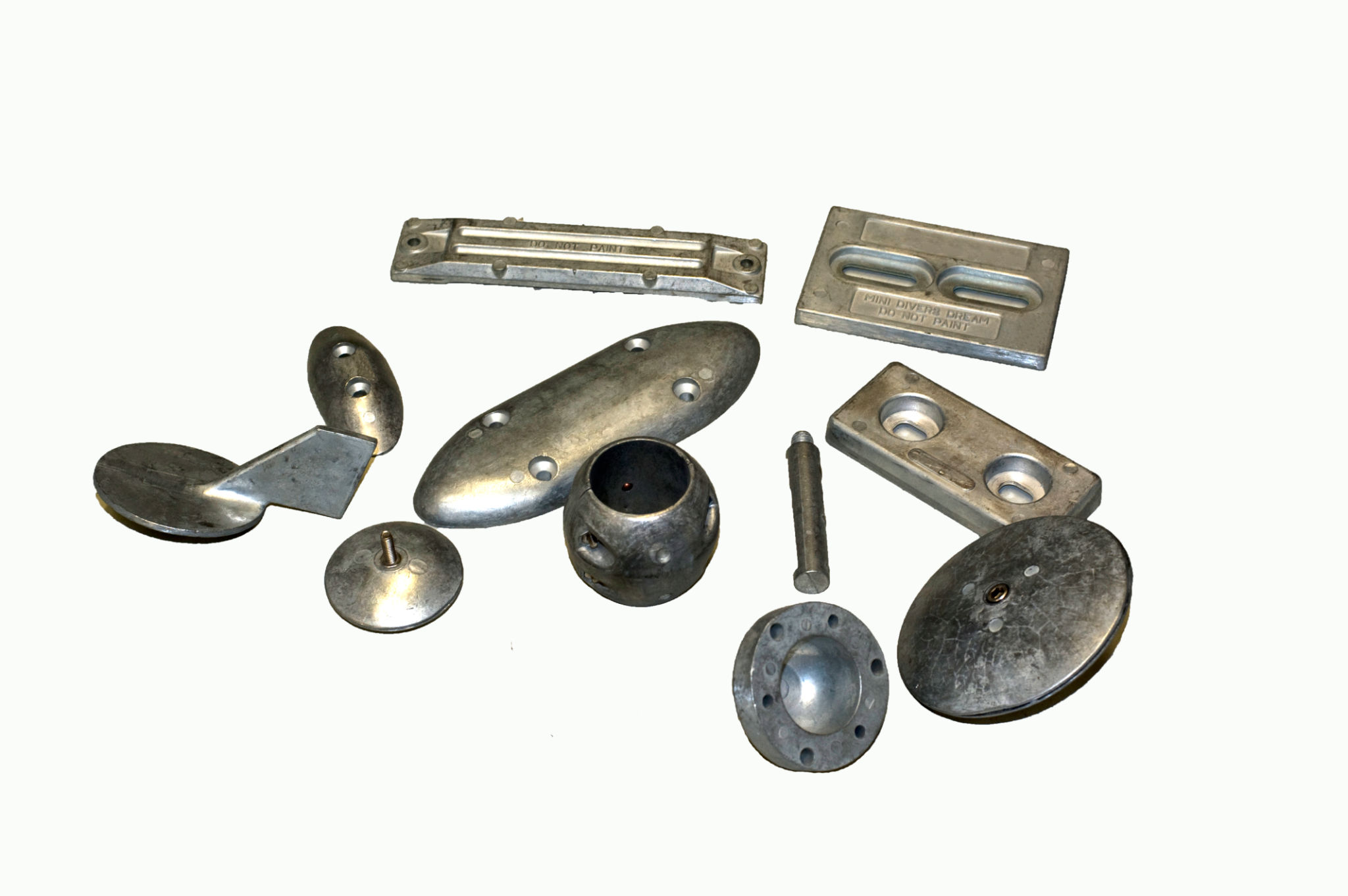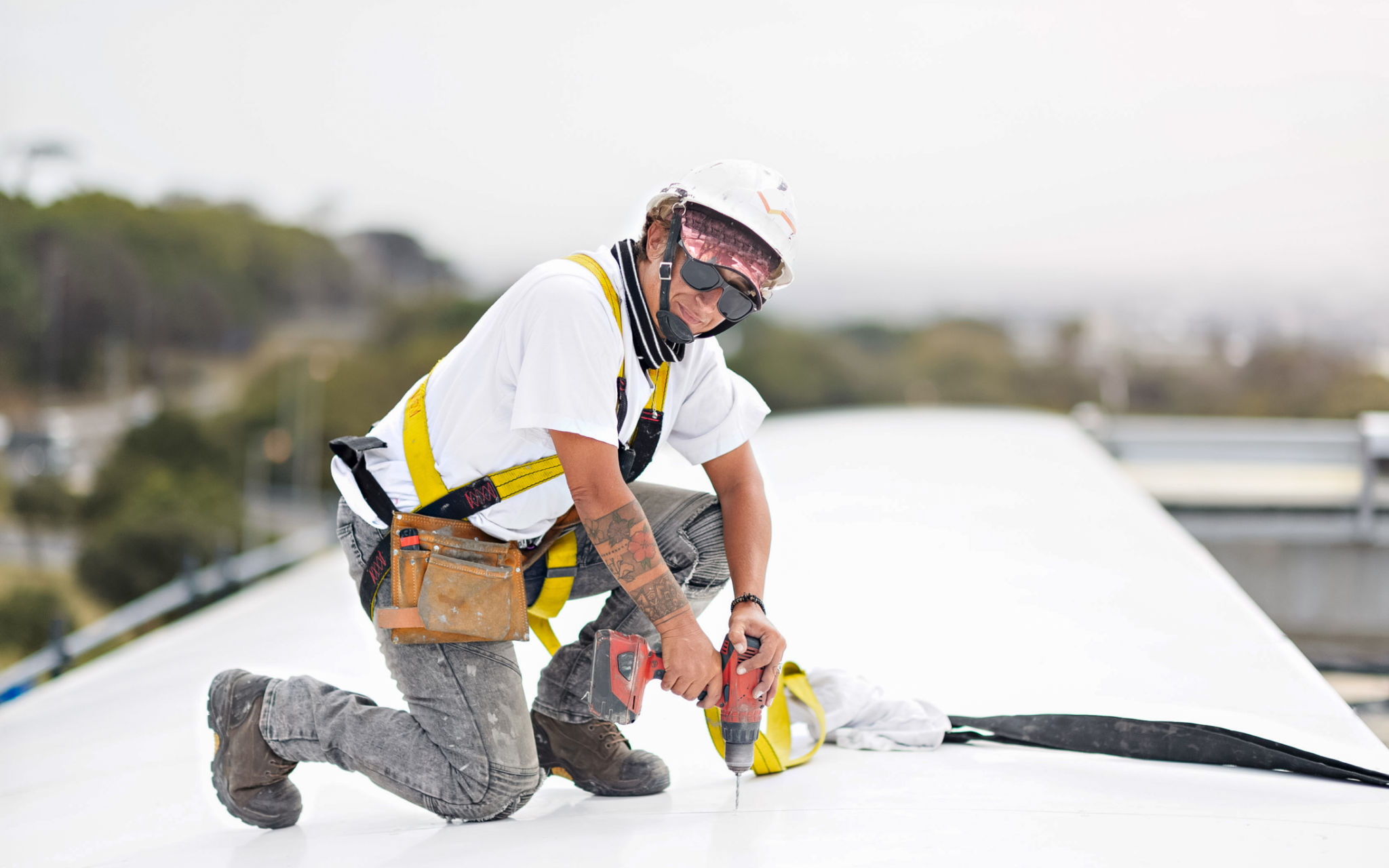How to Choose the Right Zinc Anodes for Your Yacht
Understanding Zinc Anodes
Zinc anodes, also known as sacrificial anodes, play a crucial role in protecting your yacht from galvanic corrosion. This type of corrosion occurs when different metals submerged in water create an electric current, leading to the deterioration of one metal over time. By installing zinc anodes, they become the sacrificial metal, corroding in place of more critical components like the hull or propeller.
Choosing the right zinc anode is essential for effective protection. With various shapes, sizes, and compositions available, it’s important to understand your yacht's specific needs to ensure you select the correct anode.

Types of Zinc Anodes
When selecting zinc anodes, you’ll come across several types, each designed for different applications on a yacht. Common types include:
- Hull Anodes: These are attached to the hull of the yacht and are crucial for protecting the entire vessel from corrosion.
- Propeller Shaft Anodes: Installed on the propeller shaft, these anodes protect the propeller and shaft from corrosion.
- Engine Anodes: These are placed inside the engine and are vital for protecting internal components.
Understanding the purpose of each type ensures that you provide comprehensive protection for all parts of your yacht.
Factors to Consider When Choosing Zinc Anodes
Several factors should influence your choice of zinc anodes. Here are some key considerations:
Material Compatibility
Ensure that the composition of the zinc anode is compatible with the metals used in your yacht. This is crucial for effective cathodic protection. Zinc is typically used in saltwater environments due to its high reactivity and effectiveness.
Size and Shape
The size and shape of the anode matter. Larger yachts or those with more extensive metal surfaces may require bigger or multiple anodes. Similarly, specific shapes may fit better depending on where the anode will be installed.

Water Type
Consider the type of water your yacht will primarily navigate. Zinc is ideal for saltwater, but if you're in brackish or freshwater, you might want to look into aluminum or magnesium anodes for better performance.
Installation Tips
Once you’ve selected the right zinc anodes, proper installation is key to their effectiveness. Ensure that each anode is securely attached and has good electrical contact with the metal it’s protecting. Regular checks are also essential to ensure they aren’t worn down too much.

Maintenance and Replacement
Zinc anodes require regular inspection and maintenance. Check them periodically to ensure they haven’t corroded excessively. A general rule is to replace them when about half of their original size is left. This ensures continued protection for your yacht.
Maintaining your zinc anodes not only prolongs their life but also ensures that your yacht remains in top condition, free from damaging corrosion.
Conclusion
Choosing the right zinc anodes for your yacht involves understanding their types, compatibility with your vessel's materials, and considering the water conditions you frequently encounter. Proper selection and maintenance can significantly enhance your yacht's longevity by effectively preventing galvanic corrosion. By prioritizing these aspects, you ensure a safe and enjoyable yachting experience.